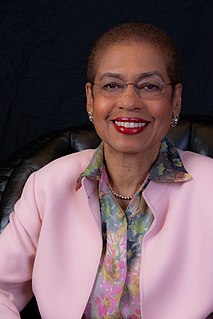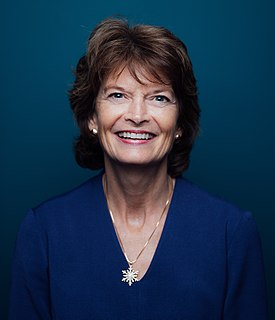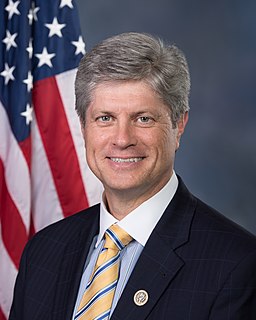A Quote by Andrew Young
Some kind of affirmative action is important in a democracy and for economic competitiveness and national security. The Army was the first to realize that you had to have desegregation of a military to have it working properly.
Related Quotes
Affirmative action is the most important antidiscrimination technique ever instituted in the United States. It is the one tool that has had a demonstrable effect on discrimination... Affirmative action, by all statistical measures, has been the central ingredient to the creation of the black middle class.
Most important, [research on affirmative action] has completely failed to show that affirmative action ever closes the academic gap between minorities and whites. And failing in this, affirmative action also fails to help blacks achieve true equality with whites - the ultimate measure of which is parity in skills and individual competence. Without this underlying parity there can never be true equality in employment, income levels, rates of home ownership, educational achievement and the rest.
In 1988, when democracy was restored, the military establishment was still very powerful. The extremist groups were still there. And when the aid and assistance to Pakistan was cut, we had to adopt harsh economic policies. So in a way, it showed that democracy doesn't pay, and the military was able to reassert itself.
The problem is that affirmative action could never really get at the issue of corporate power in the workplace, and so you ended up with the downsizing; you ended up with de-industrializing. You ended up with the marginalizing of working people and working poor people even while affirmative action was taking place, and a new black middle class was expanding.
Over the years, black leaders have been slow to recognize the need for a very, very progressive agenda. Anytime someone has talked about putting America back to work, blacks should have said yes, but they didn't. They were so preoccupied with affirmative action that they didn't provide the kind of leadership that would help some of the other progressive folks. Only now are black leaders beginning to realize the impact of economic issues.
We have a media that goes along with the government by parroting phrases intended to provoke a certain emotional response - for example, "national security." Everyone says "national security" to the point that we now must use the term "national security." But it is not national security that they're concerned with; it is state security. And that's a key distinction.





































